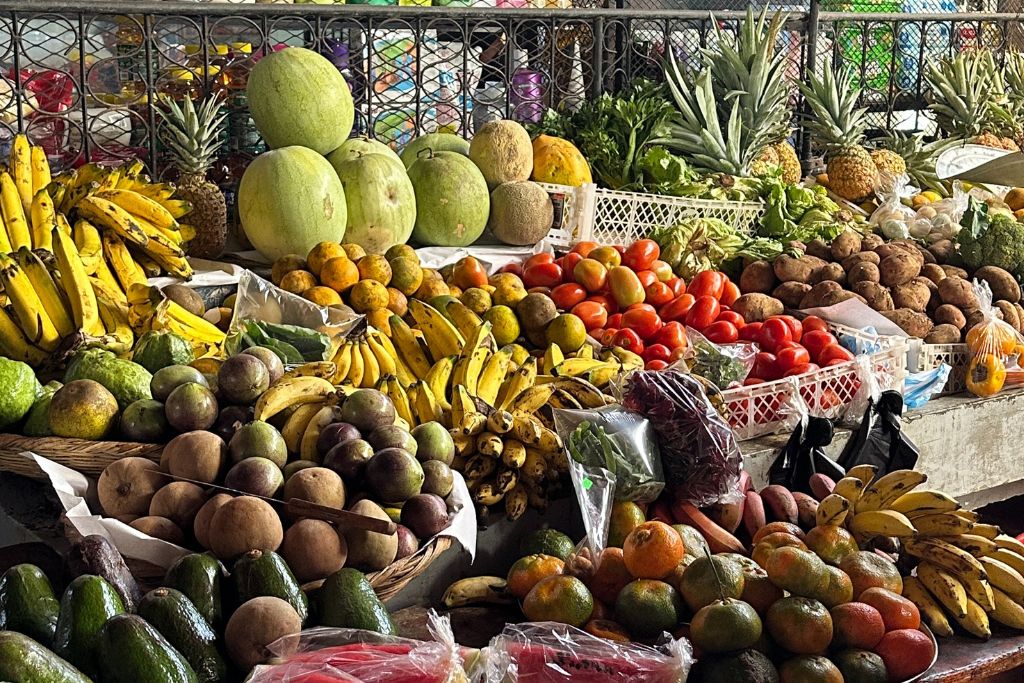The event which was held in Abuja and was followed by a Stakeholder Engagement has highlighted the 2024-2030 strategy, which aims to align with government policies and foster multilevel partnerships. Participants noted that policy engagement is essential for the successful scaling of agricultural innovations.
Dr. Ehui, reaffirmed IITA’s commitment to tackle food insecurity, malnutrition, and agricultural innovation challenges across Africa. He, however, called for synergy among stakeholders.
A key highlight was a panel discussion, which examined the role of policy engagement and private sector partnerships in scaling agricultural technologies.
Dominique Koffy Kouacou, FAO Country Representative, explained the need for collaboration among stakeholders in the food systems and agriculture sector, stating, “When we build together, we build better.”
Senator Abubakar Kyari, Minister of Agriculture and Food Security who was represented by Temitope Fashedemi, Permanent Secretary of the ministry, in his remarks stated that the ministry is willing to collaborate with the private sector and research organisations like IITA and CGIAR.
Professor Roel Merckx, IITA Board Chairman, urged stakeholders to form networks that would solve the problem of food and nutrition insecurity in sub-Saharan Africa. He acknowledged the role of IITA in developing technologies to combat climate change, pests, diseases, and malnutrition, noting that significant impact can only be achieved through collaboration.












